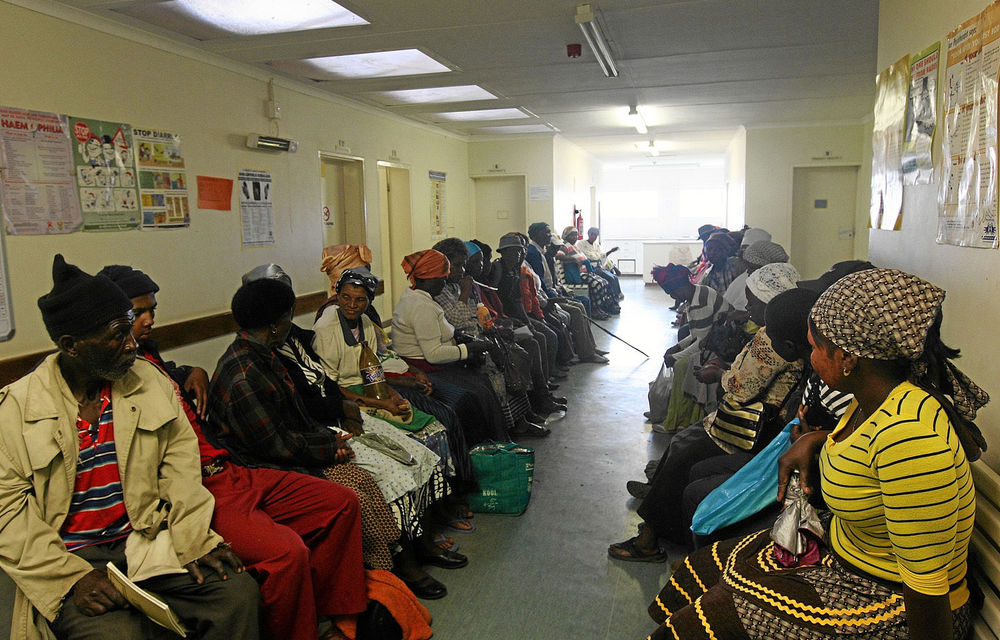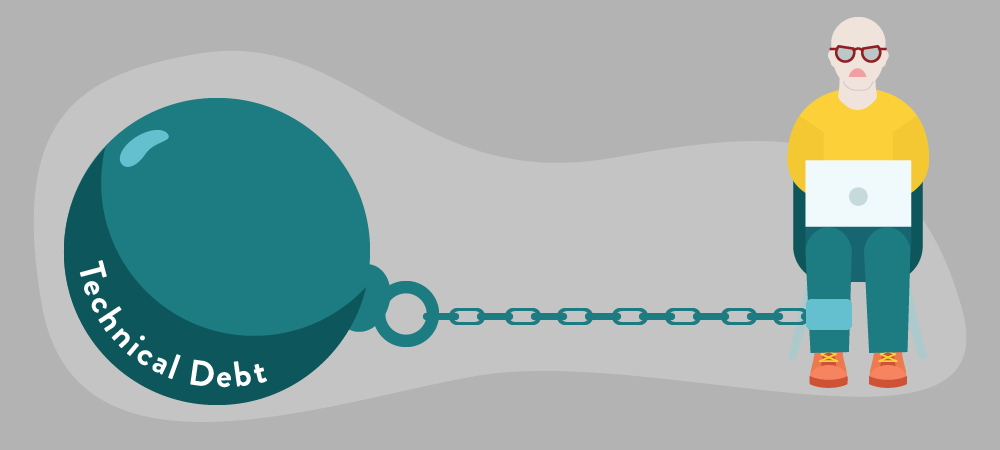The Foundation is Cracking
As a software engineer, I've always believed that mathematics is the bedrock of everything we do in technology. From algorithm design to data structures, from machine learning to cryptography, mathematical thinking permeates every aspect of our field. That's why the recent statistics about South Africa's mathematics education should alarm every tech professional in the country.
The numbers are stark: only 6.3% of all high school students achieve a "quality pass" in mathematics the level required for STEM studies. To put this in perspective, that's roughly 1 in every 16 students. For a country aspiring to be a tech hub in Africa, this represents a critical bottleneck in our talent pipeline.
The Tech Pipeline Crisis
From Algorithms to Reality
In software engineering, we often talk about the "garbage in, garbage out" principle. The same applies to our education system. When students lack strong mathematical foundations, they struggle with:
Algorithmic Thinking: Understanding Big O notation, complexity analysis, and optimization becomes nearly impossible without solid mathematical reasoning. I've spoken to countless junior developers who could code but couldn't explain why their solution was inefficient.
Data Structures: Concepts like binary trees, hash tables, and graph algorithms require mathematical intuition about relationships, patterns, and logical reasoning that mathematics education provides.
Problem Decomposition: Mathematics teaches you to break complex problems into smaller, manageable pieces, exactly what we do when architecting software systems.
The Compound Effect in Tech Careers
Just like compound interest, the impact of poor mathematical foundation compounds over time in a tech career:
- Junior Level: Struggles with basic algorithmic challenges in interviews
- Mid Level: Difficulty understanding performance implications and system design trade-offs
- Senior Level: Cannot effectively evaluate architectural decisions or mentor others in technical problem-solving
- Leadership Level: Lacks the analytical framework to make data-driven technical decisions
Industry Impact: More Than Just Numbers
The Hiring Dilemma
South African tech companies face an impossible choice: either lower hiring standards or source talent internationally. Both options have serious consequences:
Lowering Standards: Results in teams that struggle with complex technical challenges, leading to:
- Longer development cycles
- More bugs and technical debt
- Reduced competitiveness in global markets
- Higher training costs
International Hiring: Creates:
- Brain drain as we import talent while our own youth remain unemployed
- Higher salary costs that make South African companies less competitive
- Cultural and communication challenges in distributed teams
The Innovation Gap
Without a strong mathematical foundation, South African developers often become "code translators" rather than innovators. They can implement existing solutions but struggle to:
- Develop novel algorithms
- Optimize performance at scale
- Contribute to open-source projects that require deep technical understanding
- Create the next generation of African tech solutions
Quality vs. Quantity: A Software Engineering Parallel
The education crisis mirrors a common problem in software development: focusing on quantity over quality.
In Education
- Quantity Focus: High overall pass rates (69.1%)
- Quality Reality: Low proficiency for STEM careers (6.3%)
In Software Development
- Quantity Focus: Lines of code written, features shipped
- Quality Reality: Code maintainability, performance, security
Just as we've learned in software engineering that technical debt eventually demands payment, the education debt we're accumulating will have severe long-term consequences for our tech ecosystem.
The Ripple Effect on Tech Specializations
Data Science and AI
With only 6.3% of students achieving quality mathematics passes, South Africa's ability to participate in the AI revolution is severely compromised. Data science requires:
- Statistics and probability theory
- Linear algebra for machine learning
- Calculus for optimization algorithms
- Mathematical modeling skills
Cybersecurity
Modern cybersecurity relies heavily on:
- Cryptographic mathematics
- Number theory
- Statistical analysis for threat detection
- Mathematical modeling of security protocols
Solutions: What the Tech Industry Can Do
1. Industry-Education Partnerships
Adopt-a-School Programs: Tech companies should partner with schools to provide:
- Real-world mathematics applications through coding projects
- Mentorship programs connecting developers with students
- Equipment and resources for practical mathematics learning
Practical Example: Create projects where students use Python to solve mathematical problems, showing immediate applications of abstract concepts.
2. Alternative Pathways
Coding Bootcamps with Mathematics Integration: Design intensive programs that combine:
- Mathematical concepts
- Programming fundamentals
- Real-world problem solving
Apprenticeship Programs: Create structured learning paths that gradually build mathematical reasoning through practical application.
3. Community Initiatives
Mathematics Through Code Workshops: Organize community programs that teach mathematics concepts through programming:
- Using Python to visualize mathematical functions
- Implementing sorting algorithms to understand complexity
- Building simple games to teach geometry and physics
4. Policy Advocacy
The tech industry should advocate for:
- Curriculum reform that shows practical applications of mathematics
- Teacher training programs focusing on technology integration
- Investment in educational technology and resources
The Call to Action
As software engineers and tech professionals, we cannot afford to be passive observers of this crisis. Our industry's future depends on a pipeline of mathematically literate talent.
Immediate Actions
- Mentor: Volunteer at local schools or coding clubs
- Hire Thoughtfully: Create internship programs that develop mathematical thinking
- Advocate: Support organizations working on mathematics education reform
- Innovate: Develop educational technology that makes mathematics more engaging
Long-term Commitment
We need to view investment in mathematics education as infrastructure development—as critical as building data centers or fiber networks. The return on investment in human capital will determine whether South Africa becomes a tech leader or remains a tech consumer.
Conclusion: The Mathematics-Technology Symbiosis
Mathematics is not just a subject; it's a way of thinking that enables innovation. In software engineering, we understand that the quality of our foundations determines the stability of everything we build on top.
The same principle applies to our education system. We cannot build a thriving tech economy on a foundation of mathematical illiteracy. The choice is ours: invest in mathematical education now, or watch our tech aspirations crumble under the weight of inadequate preparation.
The statistics are clear, the stakes are high, and the time for action is now. As the African proverb says, "The best time to plant a tree was 20 years ago. The second best time is now."
Our industry's future and South Africa's place in the global technology landscape depends on the mathematical seeds we plant today





